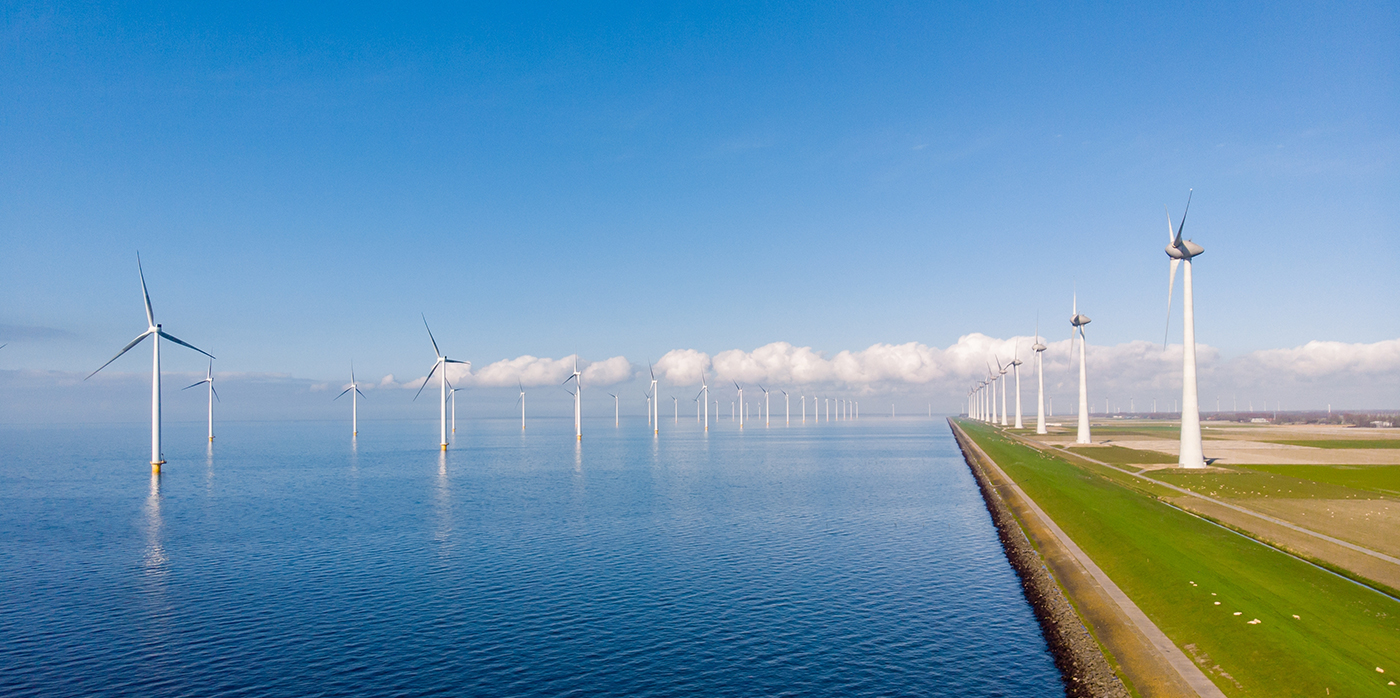Policy: European Commission Launches Critical Raw Materials Act and Net Zero Industry Act
New legislation designed to dependency on materials and accelerate the roll-out of the EU’s strategic net-zero technologies.
The European Commission has announced two new acts to reduce Europe’s dependency on materials and accelerate the roll-out of the EU’s strategic net-zero technologies.
Demand for critical raw materials is expected to skyrocket with the shift towards renewable energy, sustainable mobility, and digitalisation. For example, global demand for lithium, which is used to manufacture batteries, is expected to increase 89-fold by 2050 (High Demand Scenario). The Critical Raw Materials Act will help ensure that Europe has sufficient access to materials such as rare earths, which are vital for key manufacturing technologies for the green transition.
Horizon Europe has invested €470 million on developing innovative solutions to reduce dependency on critical raw materials. The EU recognises that R&I is essential to develop innovative solutions and highly sustainable processes, and for the exploration, extraction, refining, recycling, resource-efficient use and substitution of critical raw materials.
The aim of the Net Zero Industry Act is to massively increase the technological development, manufacturing production and installation of net-zero products and energy supply in the EU over the next decade, including with an objective to annually capture and safely store 50 million tonnes of CO2 emissions permanently (CCS) from 2030. Through Horizon Europe, the EU is investing €40 billion in research and innovation (R&I) for the European Green Deal, including partnering with industry and Member States. EU investments in R&I help facilitate the flourishing of net-zero industrial value chains across Europe.
The Net Zero Industry Act will address technologies that will make a significant contribution to decarbonisation. These include: solar photovoltaic and solar thermal, onshore wind and offshore renewable energy, batteries and storage, heat pumps and geothermal energy, electrolysers and fuel cells, biogas/biomethane, carbon capture, utilisation and storage, and grid technologies, sustainable alternative fuels technologies, advanced technologies to produce energy from nuclear processes with minimal waste from the fuel cycle, small modular reactors, and related best-in-class fuels.
Factsheets on the Critical Raw Materials Act and Net Zero Industry Act are available at the European Commission website.

